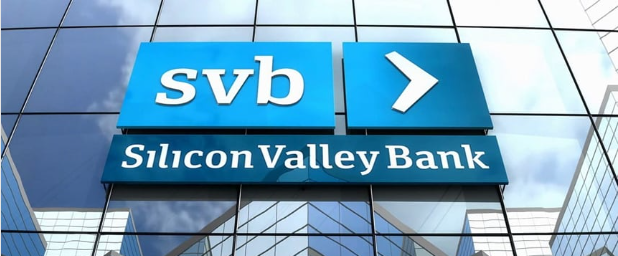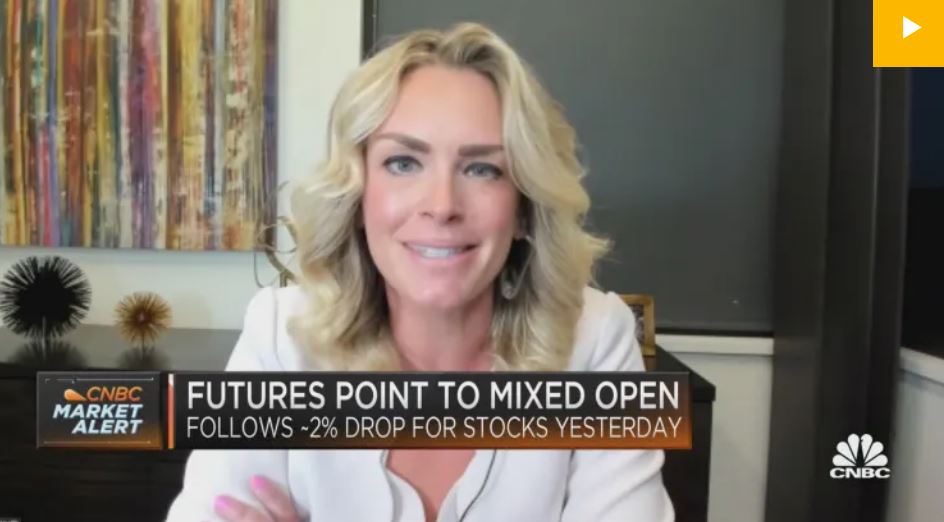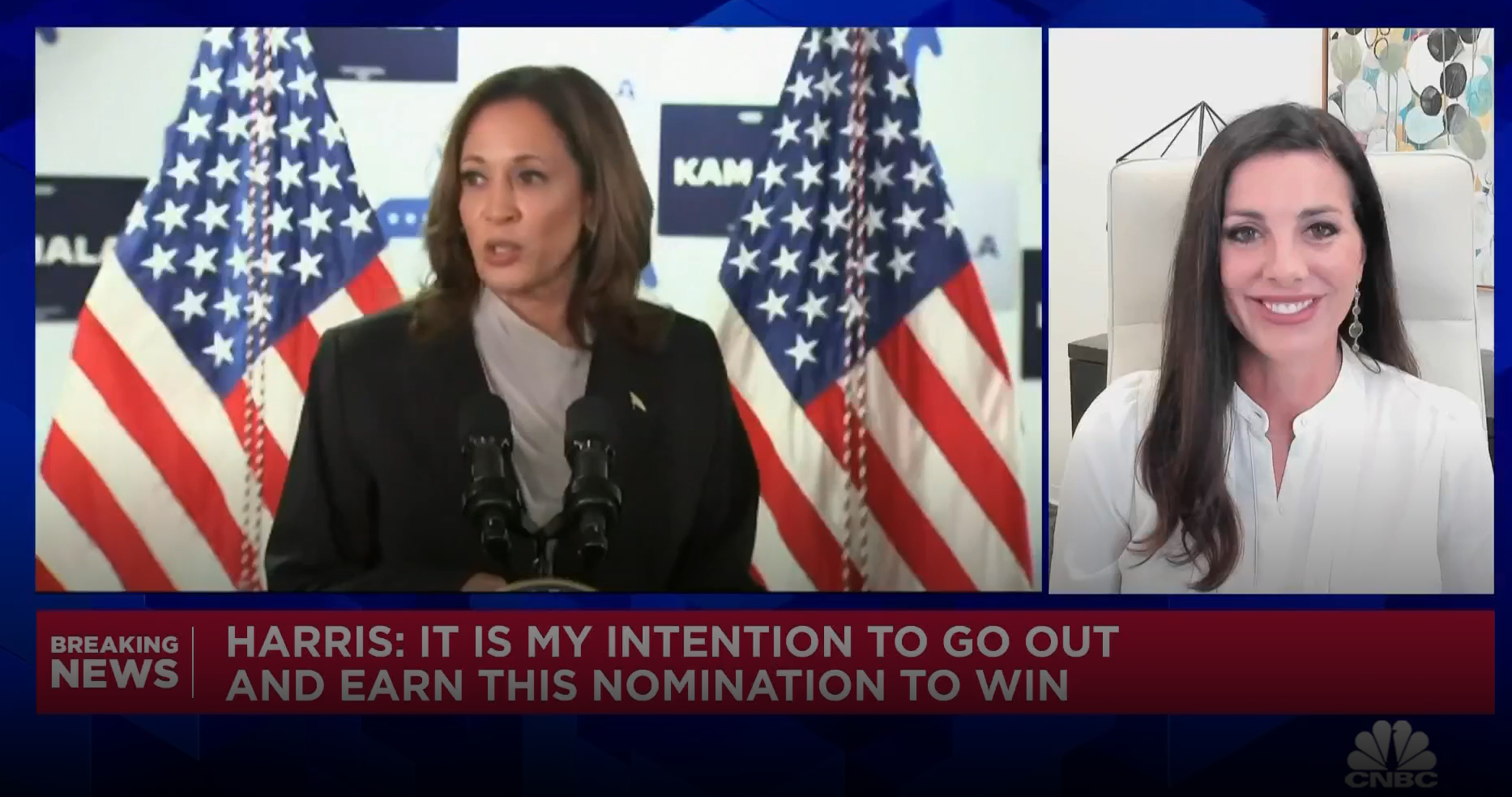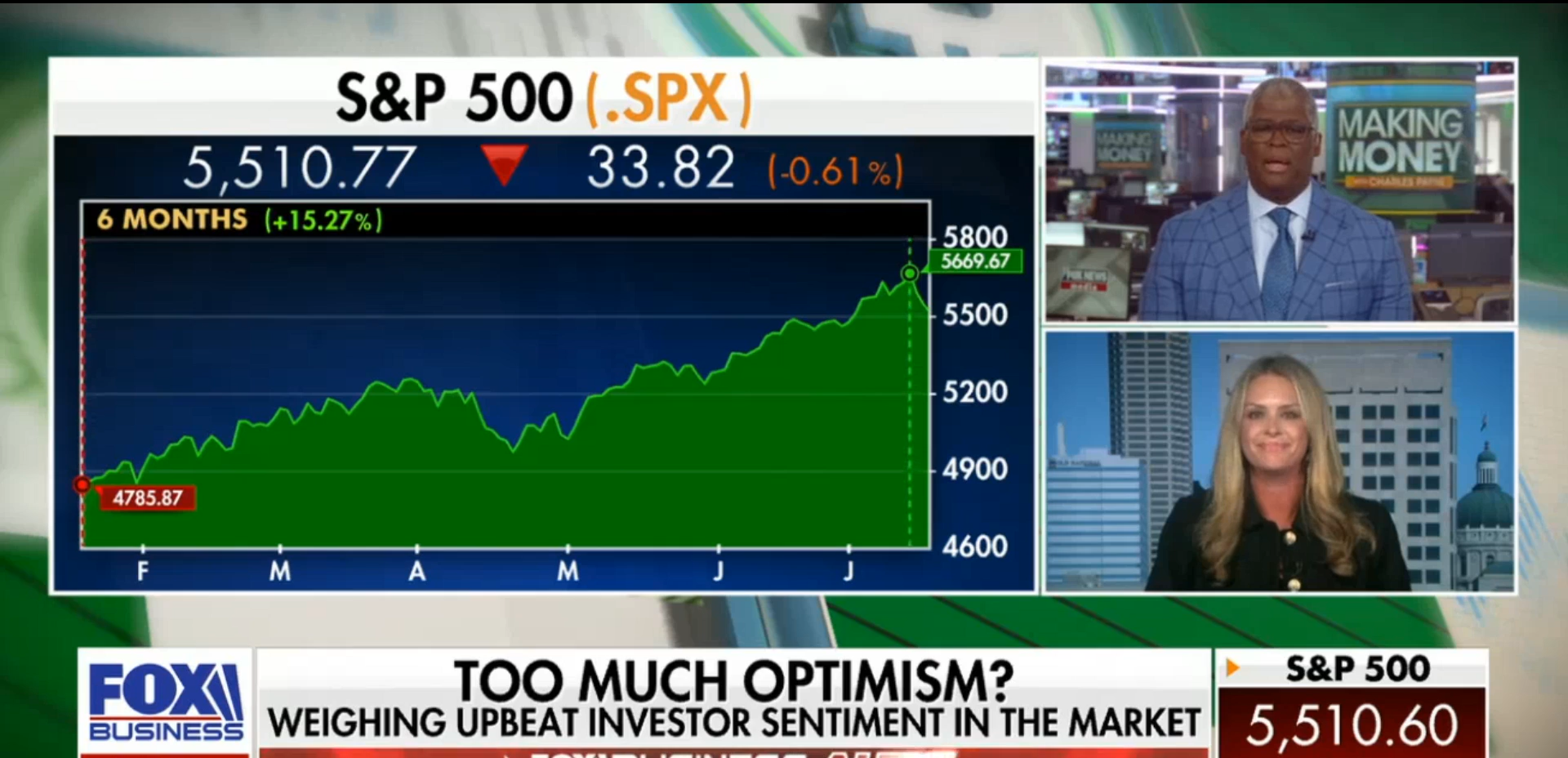In light of the recent bank headlines, we are reaching out with an update on what happened with Silicon Valley Bank, our take on the news, and what we’re doing in response.
What Happened?
Silicon Valley Bank was a non-diversified bank specializing in providing banking to the venture capital (VC) and innovation sectors of the economy. On Friday, California state regulators and the FDIC stepped in and took SVB into receivership – meaning they shut it down.
Over the weekend, we pored through the data on SVB with the aim of identifying whether this is systemic or an anomaly. In other words, is this an issue across many regional banks or just a few? We believe this was a case of extremely poor risk management and poor portfolio management by SVB, especially considering their non-diversified client base and their clients’ sensitivity to interest rates.
It’s common for banks to use deposits to purchase fixed-income instruments and provide loans to generate yield.
The issue with SVB is they bought large amounts of long-dated bonds prior to the Federal Reserve hiking rates. They didn’t have adequate risk management (also known as hedging) in the event that interest rates rose quickly. At the same time, their clients, which are mostly VC portfolio companies, were no longer getting venture capital equity funding (again due to interest rates), so these companies started withdrawing cash to fund operations, likely at a more rapid speed than the average depositor.
On Wednesday of last week, SVB disclosed it had lost almost $2 billion from selling its bonds. SVB tried to raise additional capital to cover the loss but was unsuccessful. When news broke, there was a classic “run” on the bank, which was exacerbated by the fact that the VC industry is tightly knit, and news travelled very quickly via social media.
It became apparent over the weekend that 84% of the deposits held by SVB were in excess of FDIC limits. This created a lot of anxiety that SVB customers were not going to be able to make payroll, which would have a material impact on the economy. This is when the Federal government stepped in.
On Sunday, after it became clear SVB did not have a buyer, the U.S. Treasury Department effectively guaranteed all deposits at SVB, even those in excess of FDIC limits.
Is This Another 2008?
No.
Will this be the only regional bank to fail? No, and we are already seeing a couple of other banks being shut down, like Signature Bank. Fear spreads quickly, especially in this day of social media, and we would not be surprised to see more “runs” on regional banks.
With that said, we believe the broader banking system is still healthy, especially when you look at the big banks with diversified business models and higher liquidity requirements. We find a lot of comfort in the Federal government’s stance toward guaranteeing the deposits of SVB and Signature Bank. We are also pleased to see the action taken by the Federal Reserve yesterday when they announced a new Bank Term Funding Program, which will provide short-term liquidity to banks and prevent some banks having to fire sale assets. We expect regulatory reform for regional banks to follow, which will help reduce risk to the banking system.
What Are We Doing in Response?
We have always preached diversification as a core part of our investment philosophy. Having a diversified portfolio does not matter, until it does. Our client portfolios are well diversified and not overly concentrated in a single holding or sector.
We also feel very comfortable with the protections afforded by Schwab as it relates to cash and your investment holdings. Standard FDIC and SIPC protections are in place, and over 80% of client cash held at Schwab is insured dollar-for-dollar by FDIC. As a further safeguard, Schwab has access to over $80 billion in liquidity facilities, which is more than all of Schwab’s uninsured deposits combined.
As an extra precaution, for those clients holding Schwab’s money market funds, today we swapped the retail money market fund for a Treasury money market fund. The Treasury money market fund has 100% daily liquidity and is not subject to redemption gates.
As always, we are available if you have any questions or concerns. Thanks for placing your trust in our team. We certainly do not take the responsibility lightly.





